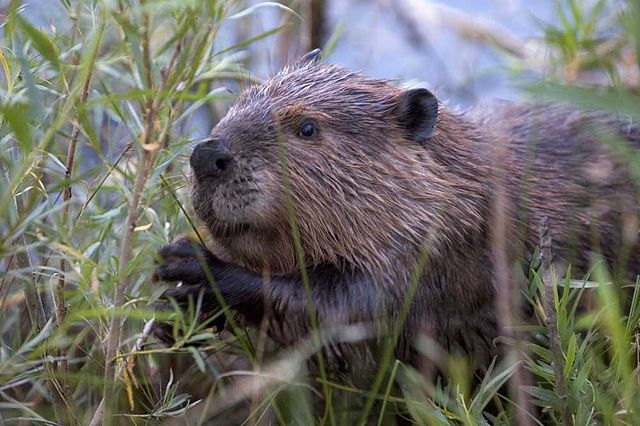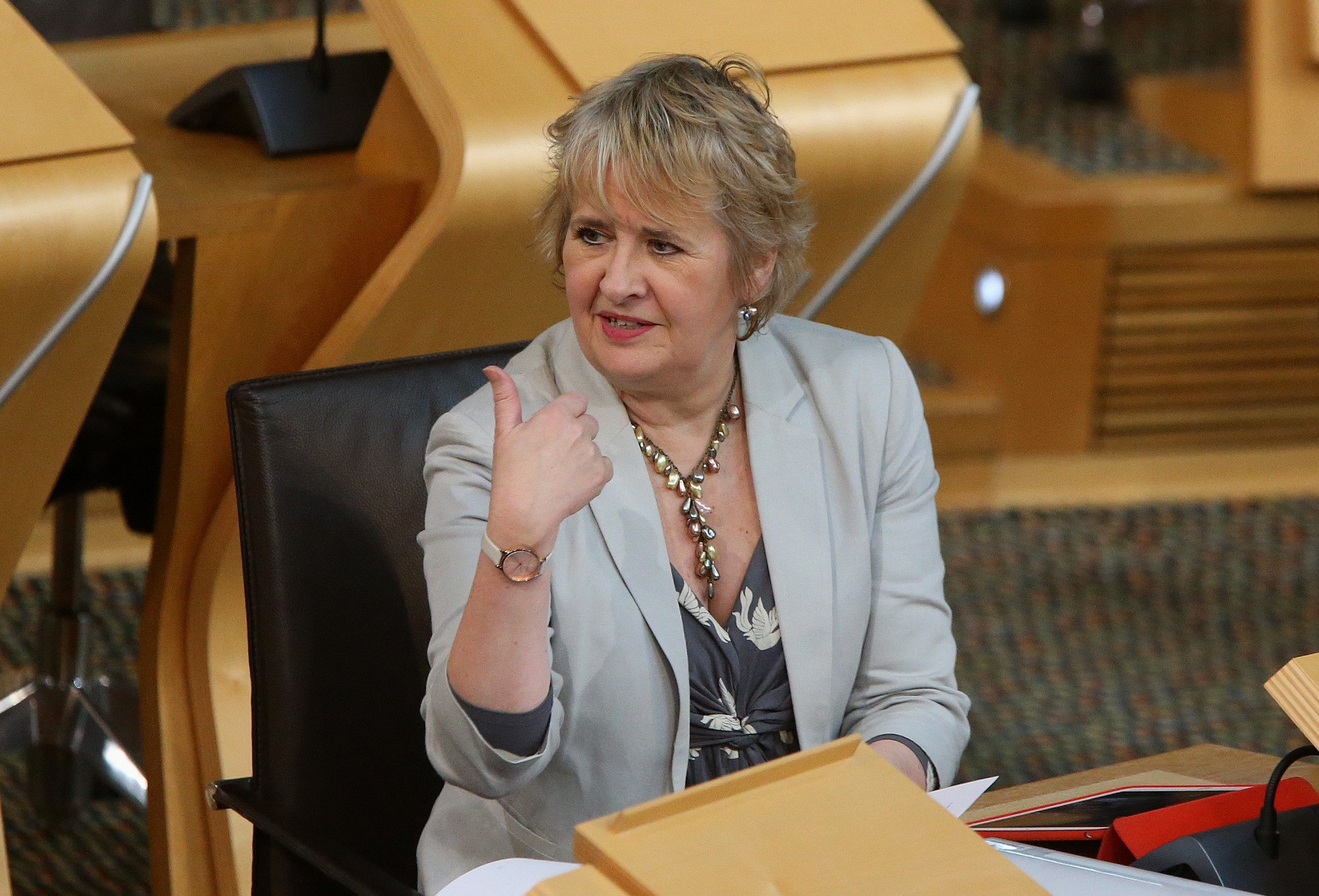
The Scottish government has announced that beavers will be reintroduced in Scotland and will receive a special protected status.
Scotland's Environment Secretary Roseanna Cunningham said the species will have to be 'actively managed', in line with practices in other European countries.
Work has now begun to ensure beavers can be added to Scotland’s list of protected species as soon as possible. It will be the first time a mammal has been officially reintroduced to the UK.
Miss Cunningham explained that research shows beavers, which were native to Scotland before being hunted to extinction in the 16th century, provide 'important biodiversity benefits'.
However, the animals can also cause significant difficulties for farmers and land managers in vital agricultural areas.

The impacts of beavers in Scotland have been closely monitored by Scottish Natural Heritage (SNH) at both the official Scottish Beaver Trial site in Knapdale in Argyll and also on Tayside, where the species has become established after being released illegally.
Environment Secretary Roseanna Cunningham said: “I have been determined to find a pragmatic approach, which balances the biodiversity benefits of reintroducing beavers with the obvious need to limit difficulties for our farmers.
“I want to put on record my appreciation of the efforts of the Scottish Wildlife Trust, NFU Scotland, the Royal Scottish Zoological Society, and Scottish Land and Estates who have worked in partnership to set out a way forward.
“Beavers promote biodiversity by creating new ponds and wetlands, which in turn provide valuable habitats for a wide range of other species. We want to realise these biodiversity benefits while limiting adverse impacts on farmers and other land users. This will require careful management."
'Proper management is fundamental'
Farming union NFU Scotland has insisted that 'proper management' of the species is fundamental in order to avoid impact on agriculture.
NFU Scotland and other land management and environmental organisations recently wrote a joint letter to Miss Cunningham to set out broad principles and key components of an appropriate management regime.
Rob Livesey, NFU Scotland’s Vice President commented: “The union is adamant that beavers must be appropriately managed to minimise the risk of unacceptable impacts on agriculture and other land uses – a view that is shared by many within the conservation community.
“NFU Scotland believes the release of beavers into Tayside was illegal, should never have happened, and should not have been allowed to lead to the situation we have today. We expect any future illegal activity of this type to be dealt with as a wildlife crime.
“In the announcement by the Environment Secretary, she acknowledged the impacts that beavers can have on agriculture, and accepts the need for a fit-for-purpose management regime.
“It is essential that Scottish agriculture is not negatively affected by this decision and its implementation, and NFU Scotland will continue to work with its members who are concerned, and whose land has been impacted by beavers,” Mr Livesey concluded.
